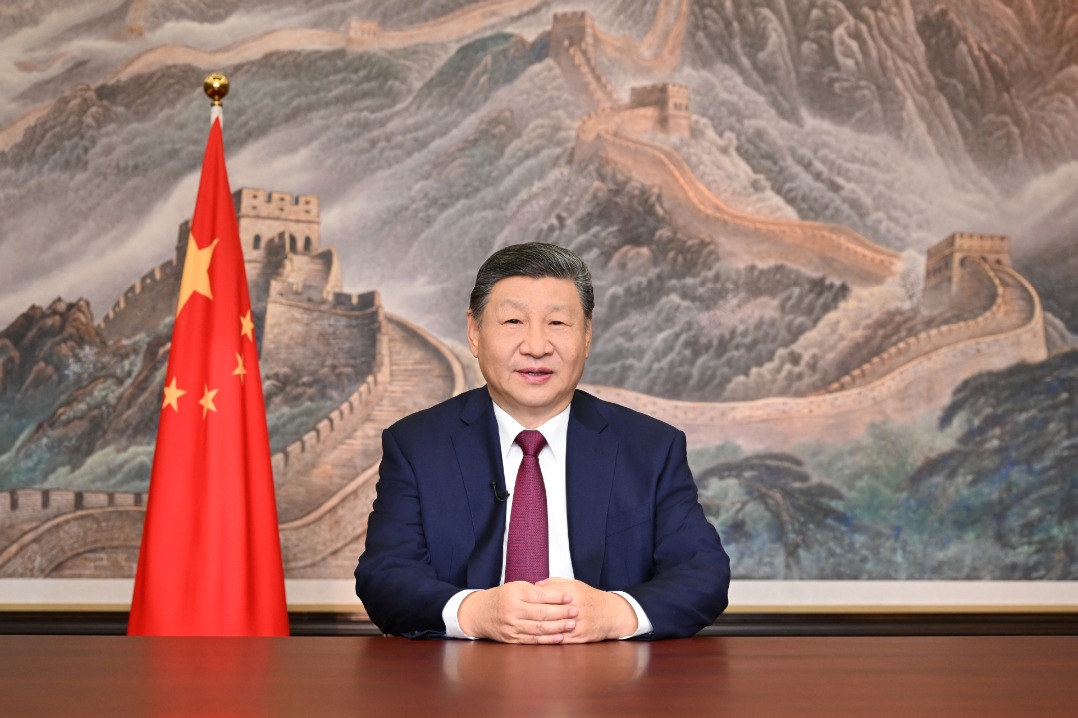In the game

Ho's main career has been in banking, where he worked on Wall Street for Salomon Brothers, who brought him to Hong Kong in 1994.
He eventually moved on to be head of products in North Asia for another Swiss banking group Credit Suisse before being hired by Julius Baer in 2006. He is now a member of the company's Asia executive board.
During his time in Hong Kong, he has seen first hand the hunger among investors to get a piece of the China action.
The 1990s was a time when some of China's biggest State-owned enterprises sought listings on the Hong Kong stock exchange, the so-called "red chip" and H-share IPOs.
"It was the first opening up of the China capital markets. That is when China began to list equities and fixed income in the international markets. That was an exciting time," he says.
Ho says the whole financial environment is different now with many Chinese entrepreneurs seeking listings not just in Hong Kong but on Nasdaq, the main New York Stock Exchange and London also.
"You'd be amazed by how much wealth we see coming from China right now. We encounter just huge numbers of wealthy people from the Chinese mainland legally having money offshore," he says.
But Julius Baer's new China Fund utilizing its QFII quota will not be targeted at the wealthy Chinese.
As Chinese citizens, they already have the right to buy the A-shares (mainland-listed yuan-denominated stocks) of companies on the Shanghai and Shenzhen exchanges.
It will instead be aimed at other wealthy Asian clients as well as Julius Baer's clients in Europe and North America.
"We can't sell it to Chinese people by definition but by definition also they don't need it because they already have the ability to invest directly in A-shares," he says.
"There is a huge amount of demand for this product already so we are not worried at all about selling it."
Ho believes the China shares remain a major investment opportunity. The Shanghai Composite Index at just over 2,700 is still less than half its October 2007 peak level of 6,124.
"Right now we believe valuations in the China A-share market are great. We feel the prospects for China are fantastic," he says.
Ho says the China stock markets can benefit from the foreign institutional investors given access to the market through the QFII scheme.
Because access is restricted, both Shanghai and Shenzhen are exposed to the gambling instincts of retail investors, many of them small shareholders.
This is not the case in Wall Street, London or in other markets in Asia, where the investors with the most influence are the institutions.
"There are not enough institutional investors in China and the markets are too volatile and too retail driven," he says.
"They need more professional institutional investors, more foreign guys to come into the market and stabilize it."
The QFII quotas account for only about 3 percent of the capitalization of shares on the Shanghai and Shenzhen bourses.
Ho recognizes why the Chinese authorities have to adopt this gradual approach and not open the floodgates to outsiders since it would also inevitably involve the yuan becoming a freely floating currency also.
"They cannot create a mass rush of foreign mutual funds entering China because of the foreign currency aspect. They are not just going to open up the facets and let people come in and buy the currency," he says.
He believes it will take a considerable period of time still for China's stock markets to be fully opened to the rest of the world.
"It is going to take perhaps decades before the capital markets are opened up. There are just too many outstanding variables," he says.






























